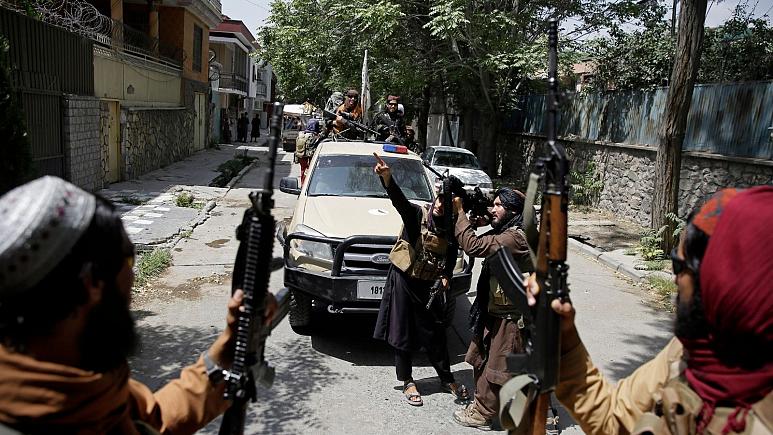
As the year 1400 began, with the withdrawal of US and NATO troops from Afghanistan approaching, the conflict between the Taliban and the former government intensified. Captured. One of the main factors in the Taliban’s success in this war has been the use of various hard and soft methods depending on the situation. In many operations, the Taliban offered to buy former ANA and national security officers with money and other benefits, thus seizing districts and provinces. The Taliban also promised former members of the security forces that they would not be persecuted by the Taliban if they surrendered, and that they and their families would be spared.
Under the policy, after capturing Kabul on August 15, 2021, the Taliban leadership declared a general amnesty, saying that all members of the former government, including officers and high-ranking government officials, were safe and could remain in the country. Although the Taliban leadership announced the amnesty, it was welcomed by human rights organizations and international countries, but the group did not have any formal legislative body that could guarantee, monitor, and enforce the order. The Taliban, on the other hand, had a horrific record of war crimes, human rights abuses, and massacres of civilians, which made the Taliban a terrorist figure. For this reason, the people were not sure about the implementation of the amnesty by the Taliban forces and were skeptical about its observance. Now, more than six months after the Taliban rule, the fundamental question is what exactly is the Taliban’s definition of amnesty and has the amnesty been upheld by Taliban forces?
Amnesty is formally prescribed by law and can suspend criminal proceedings, the prosecution of defendants or the execution of punishment at all stages. Governments from time immemorial have sometimes stopped prosecuting or punishing offenders for special reasons; Generally, after political upheavals and social crises or unusual events such as war and the end of the crisis and the elimination of the fear of any disorder, the head of government or the legislature pardons the accused, thereby feeling resentment and revenge, and the desire of the perpetrators. They may be trying to seize the opportunity and repeat their operations. The Taliban amnesty has not been announced by official and credible legislative bodies with national and international legitimacy, and the Taliban’s definition of amnesty is unclear, including who it is and who committed the four decades of war. Does it include war crimes and crimes against humanity? With the announcement of this amnesty, are those who have been accused of corruption and looting of national capital for the past twenty years also safe from prosecution? In these cases, although Taliban officials have occasionally issued statements and held press conferences, no credible official legislative body with popular and international support has yet been established to deal with such cases.
Taliban spokesman Zabihullah Mujahid told a news conference in Kabul on August 17 that all former government employees and those who had worked with foreigners had been forgiven and could live freely in the country. He added that the translators and staff of the foreign offices and the military were all part of the Taliban’s general amnesty, and we assured them that no one would prosecute them and that violators would be dealt with severely. Also two days after capturing Kabul, the Taliban’s foreign minister, Amir Khan Mottaki, issued a video message stressing that the Taliban were not seeking revenge: “Even commanders can use this amnesty after fighting the Taliban for 20 years, so why other people? “They should be worried.”
However, the people, the former government security forces and foreign partners were not very confident in the Taliban’s promises and were worried about their security in the country. Because some Taliban forces retaliated by causing disorder, violence, murder, looting, torture, forced migration, and harassment of former security forces and the people. During the six months of Taliban rule, some international human rights organizations have published reports of amnesty violations by the Taliban, indicating that members of the group have been killed, tortured, detained, and harassed on numerous occasions in different parts of the country. Former employees, the military, journalists, foreign colleagues and the public have been harassed.
Earlier, Human Rights Watch said in a report that since the Taliban took control of Afghanistan, more than 100 former government security forces in four provinces of Ghazni, Kandahar, Helmand and Kunduz have been killed by field courts or are unaccounted for. The United States, the European Union, and 20 other countries later issued a joint statement in response to Human Rights Watch, claiming that the alleged actions violated human rights and contradicted the amnesty announced by the Taliban. The Amnesty International report, published on September 6, 2021, also states that Taliban forces have committed war crimes in various areas, including Panjshir province.
The UN Secretary-General’s quarterly report to the General Assembly and the Security Council on 28 January also shows that: Despite a general amnesty by the Taliban, UNAMA has made more than 100 allegations of Taliban killings since 15 August. Has registered. UNAMA has also received credible allegations of extrajudicial killings of at least 50 ISIL-linked suspects in Khorasan province. In addition, human rights defenders and media workers have been attacked, tortured, harassed, arbitrarily detained, ill-treated, and murdered. Eight civil society activists were killed and 10 were detained, tortured and harassed, according to UNAMA. Two journalists were killed and two were injured. 44 cases of temporary detention, beatings and threats have been registered. But in response to such claims, the Taliban say there is no credible evidence that the Taliban violated the amnesty.
House-to-house effort; Attack on citizens’ privacy
The Taliban have recently launched a large-scale house-to-house operation in Kabul and the northern provinces. According to eyewitnesses, Taliban forces are raiding people’s homes in public without any evidence of threats against the regime. During this effort, people’s property is damaged and women and children are frightened. This move by the Taliban has caused great concern for the people and human rights organizations. Amnesty International issued a statement on Tuesday calling for an immediate end to the operation, stressing that the Taliban had violated the privacy of individuals, destroyed people’s personal property and intimidated families during a door-to-door search operation. Amnesty International adds that “the widespread search is unjustifiable and affects most women and girls. “This is a violation of human rights standards.” But the Taliban say the operation was aimed at securing and fighting kidnappers, arresting thieves, ISIS members and collecting illegal weapons. The Taliban posted photos and statements on social media, emphasizing that the operation was carried out in the presence of female police and in coordination with mosque imams and local representatives.
From the above discussions, it can be concluded that the general amnesty announced by the Taliban leadership, although not formal and legal, has national and international legitimacy. There is no clear and precise definition of the people involved in this amnesty, and the Taliban have so far not established a credible body that is accepted by the public and legal experts for the purpose of defining, investigating crimes, and how to implement amnesty. However, the amnesty order, even based on the definition and promises of the Taliban leadership, has not been met by the group’s forces in various provinces and has faced serious problems and challenges. According to Human Rights Watch, Amnesty International, and the United Nations, Taliban forces have killed, tortured, detained, and harassed former soldiers, civil society activists, journalists, and the public in various parts of the country.


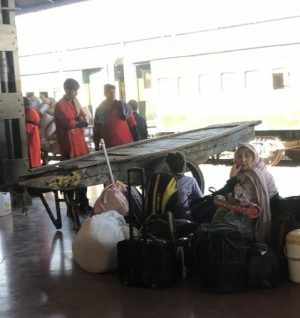
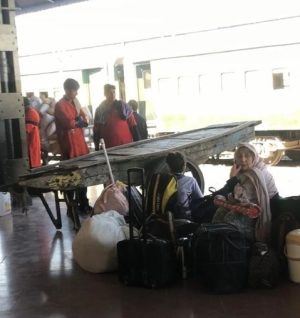
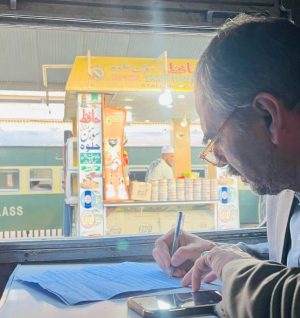

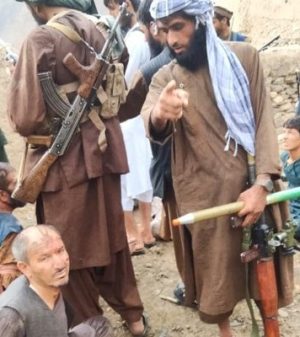
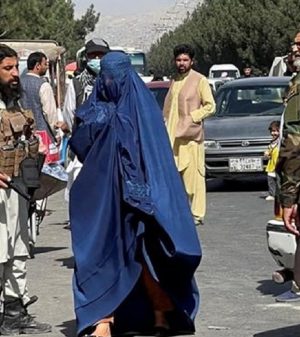
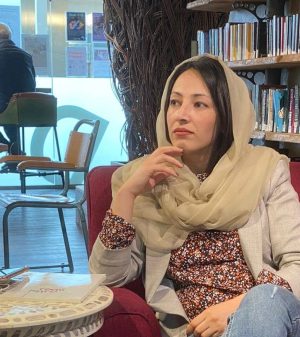
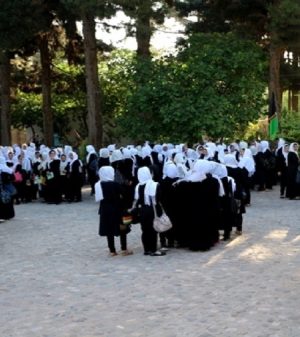
Add Comment